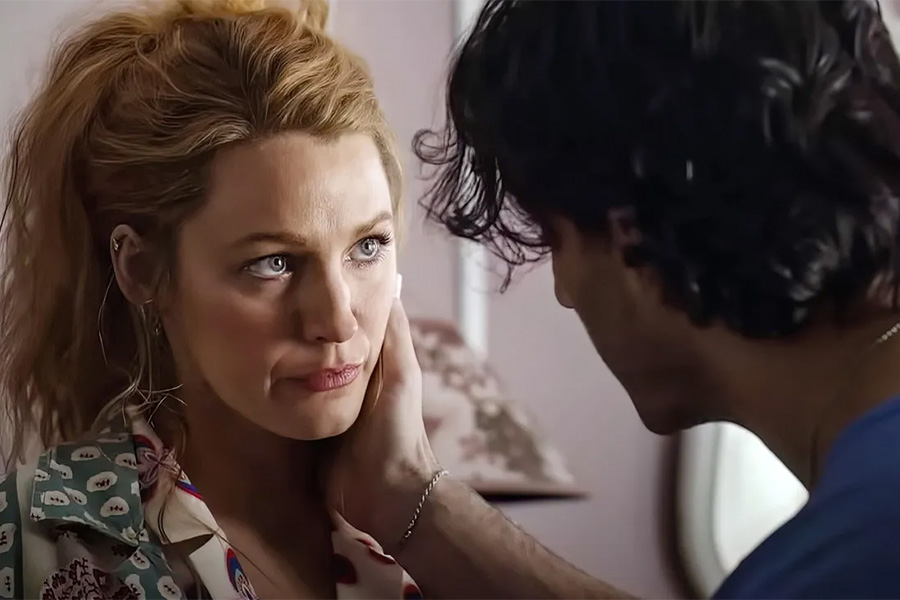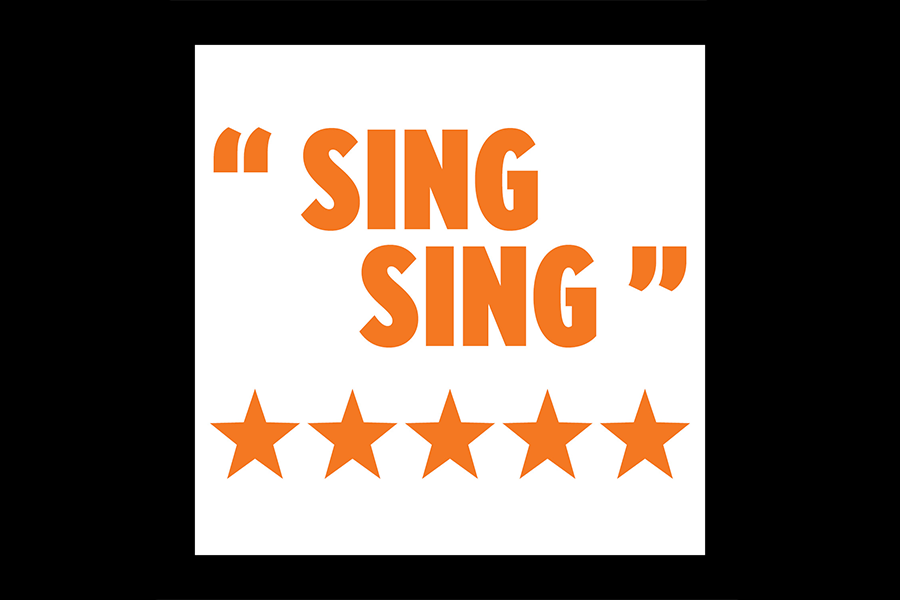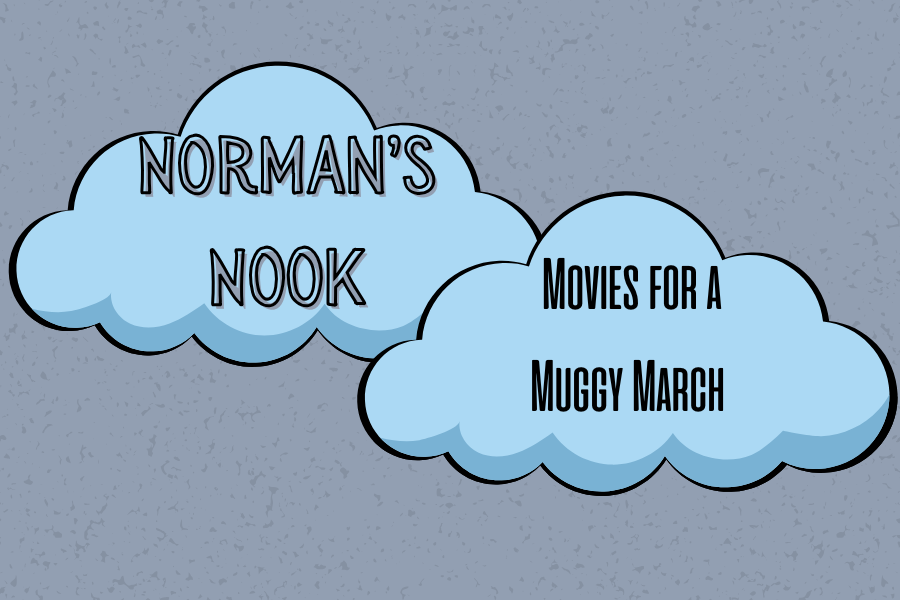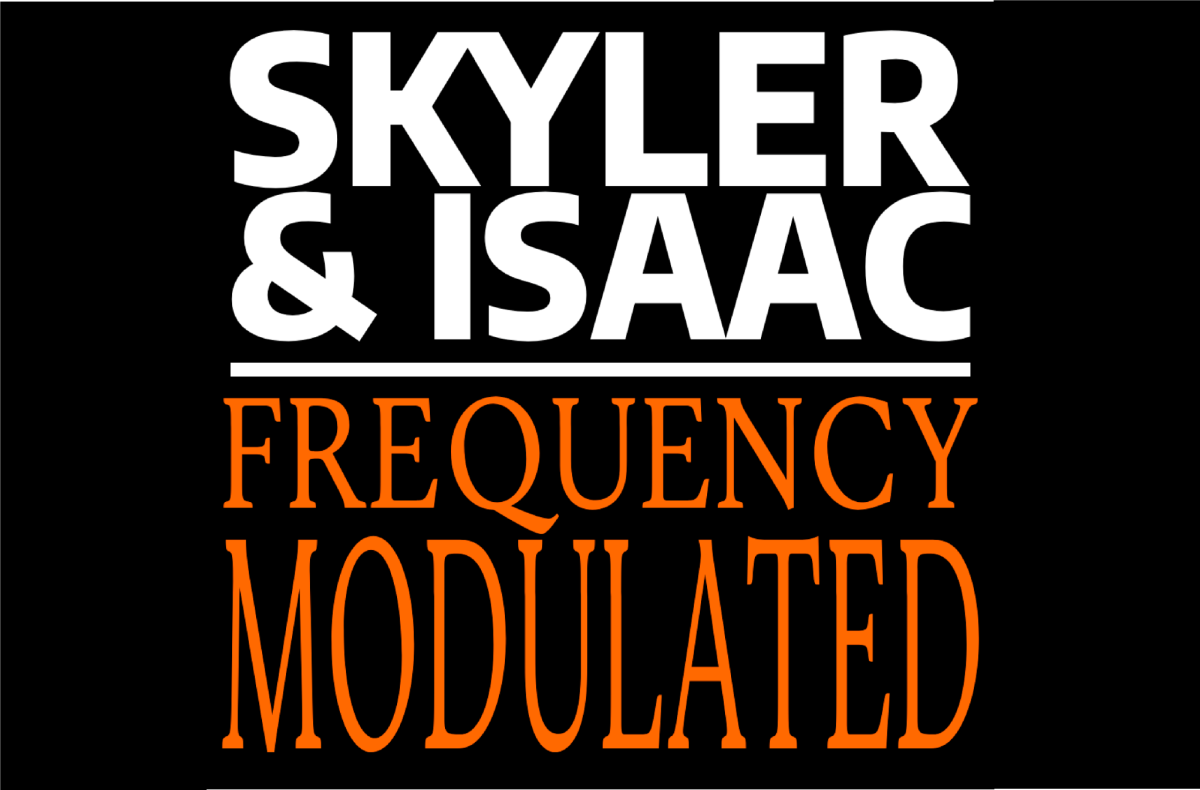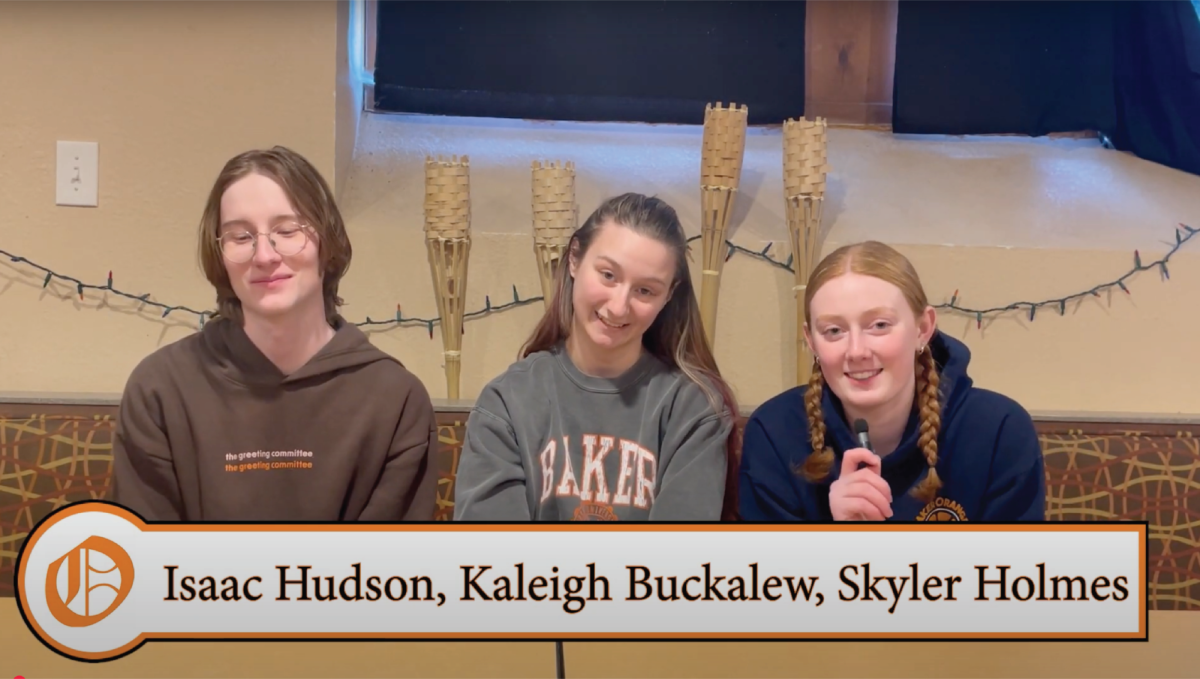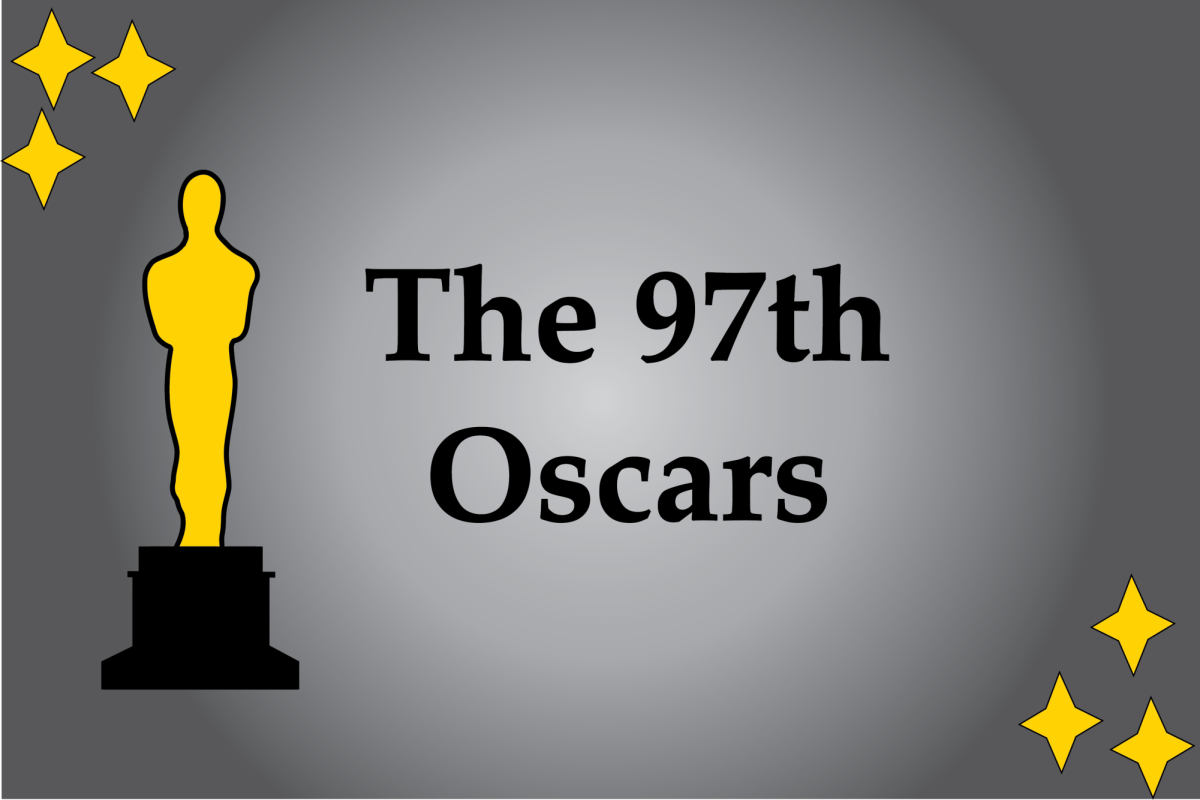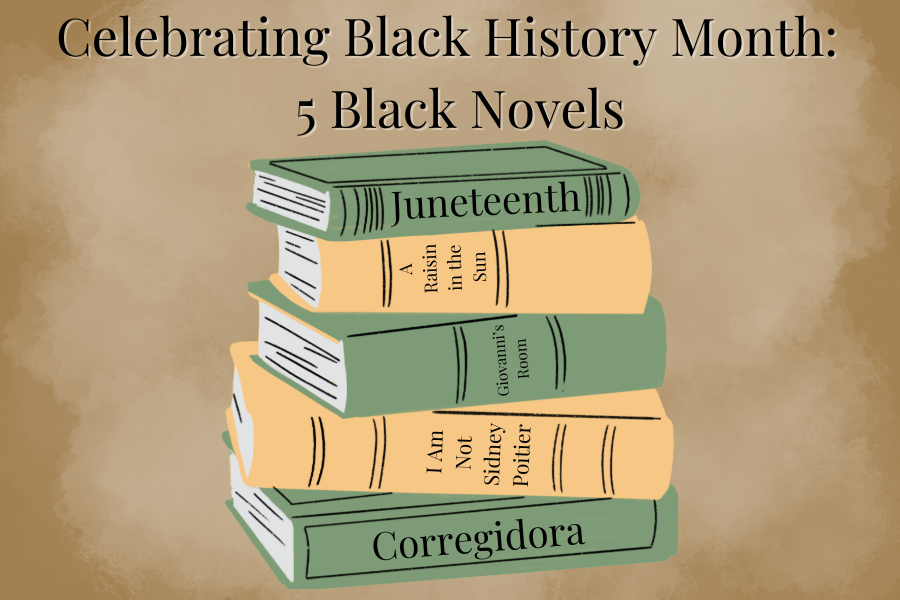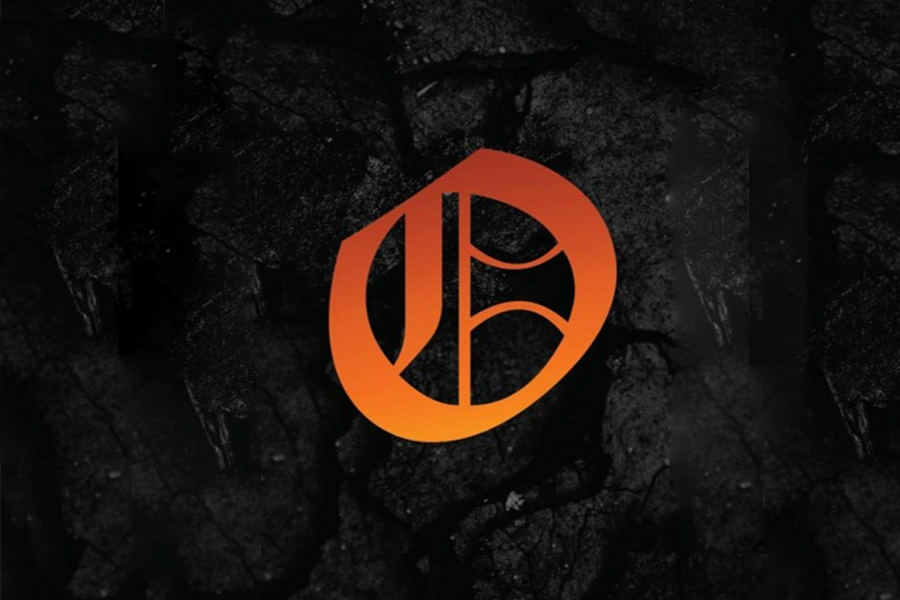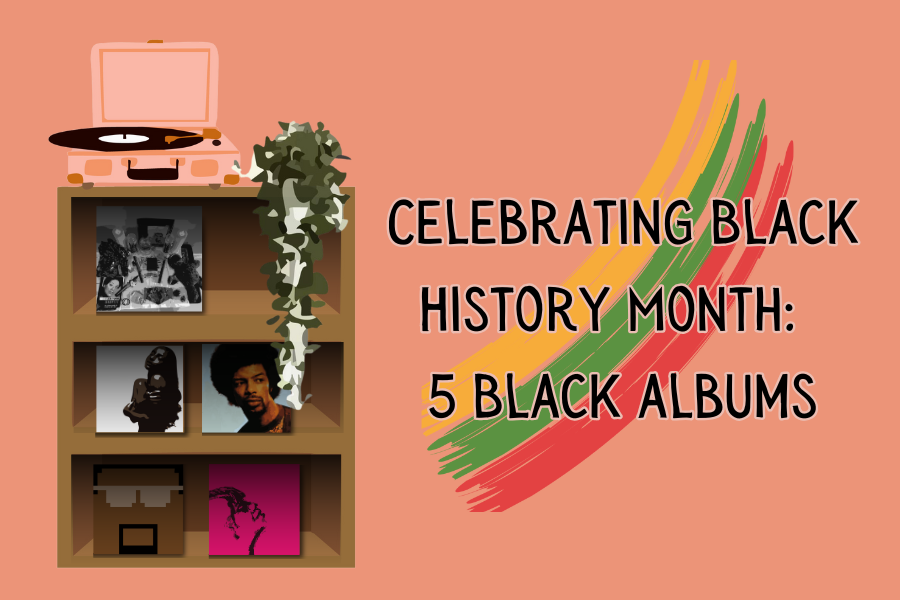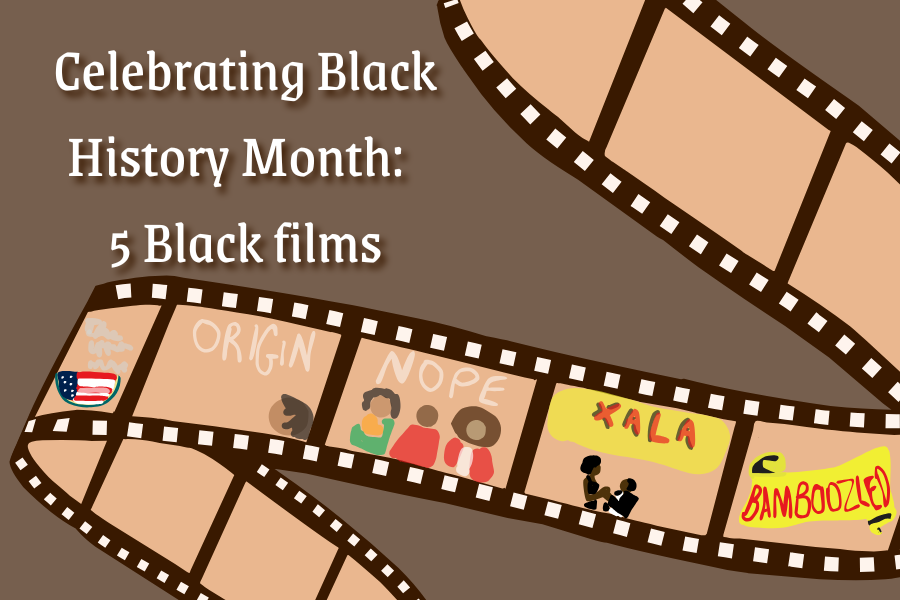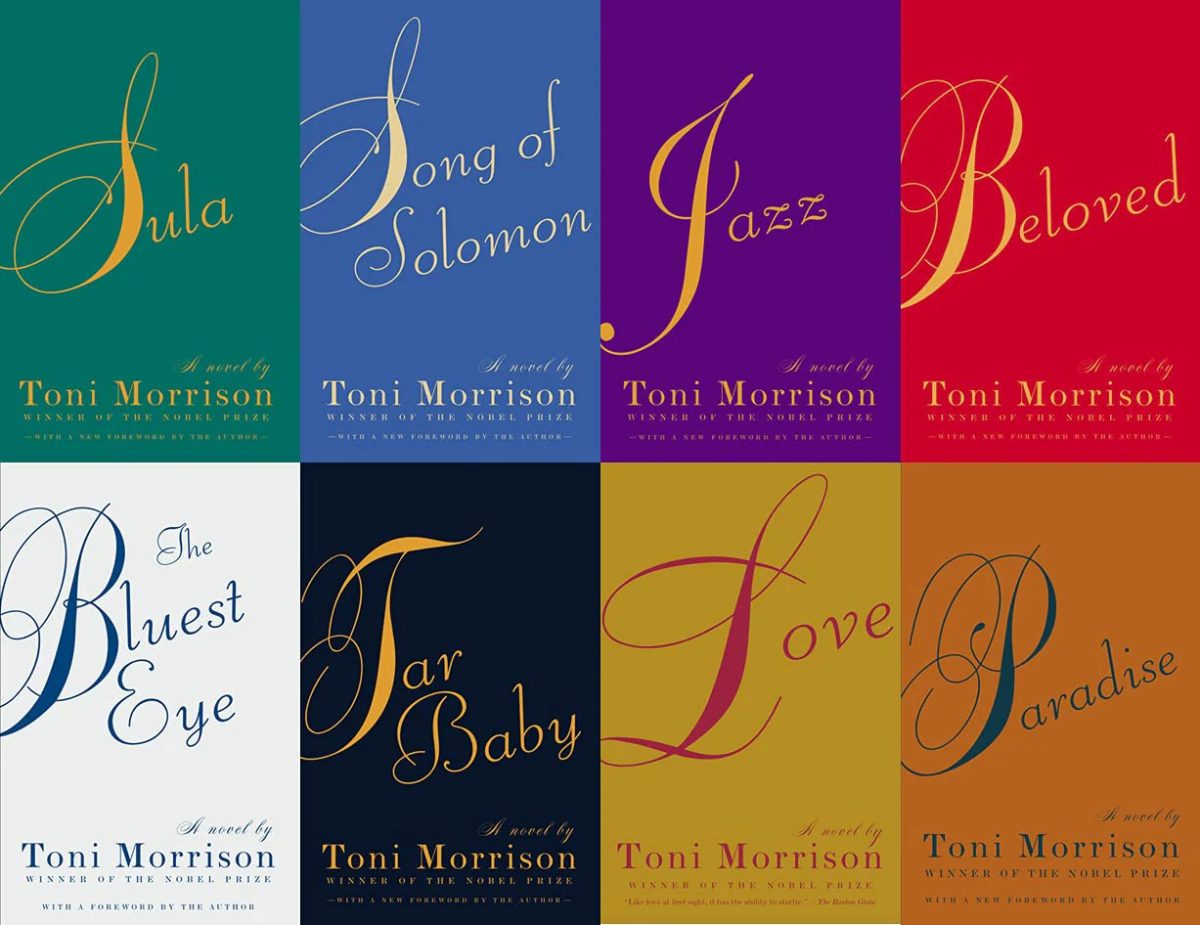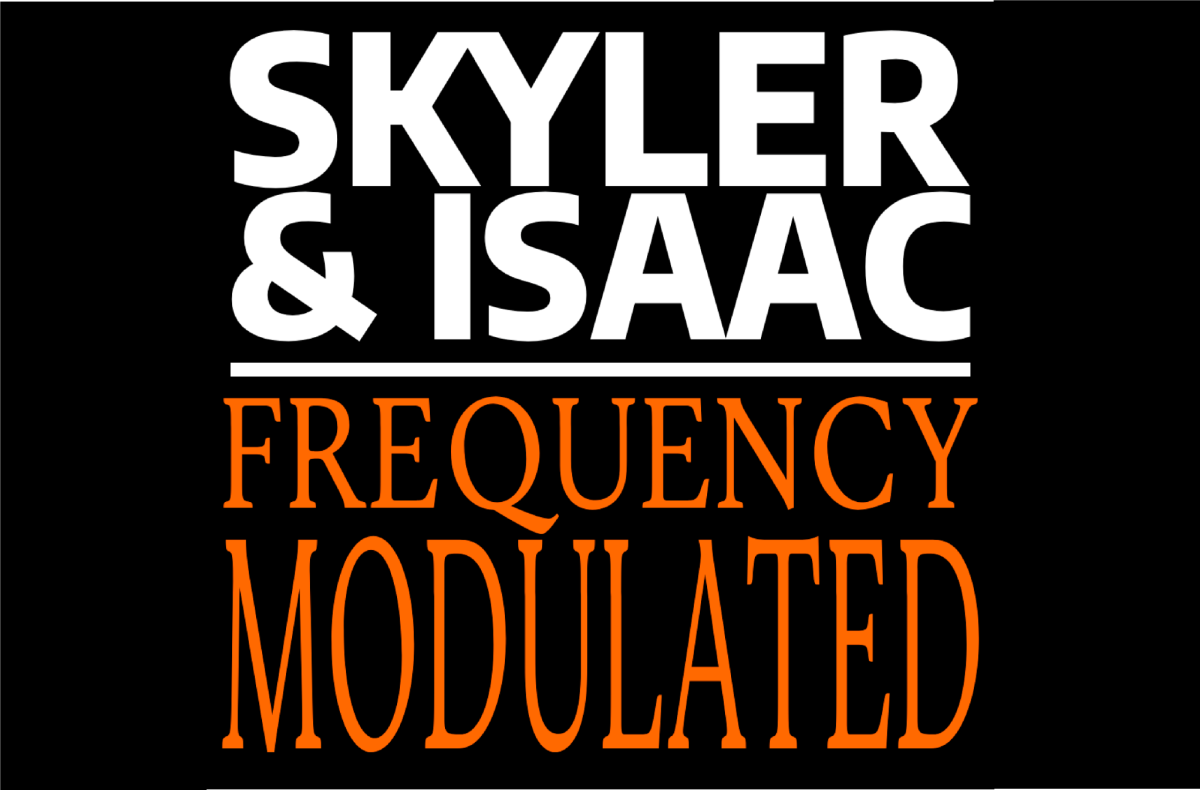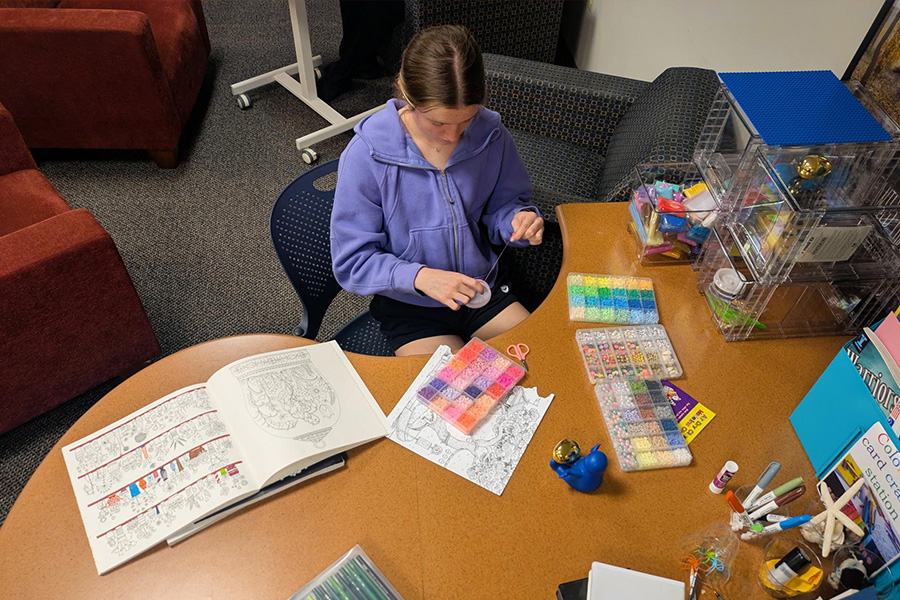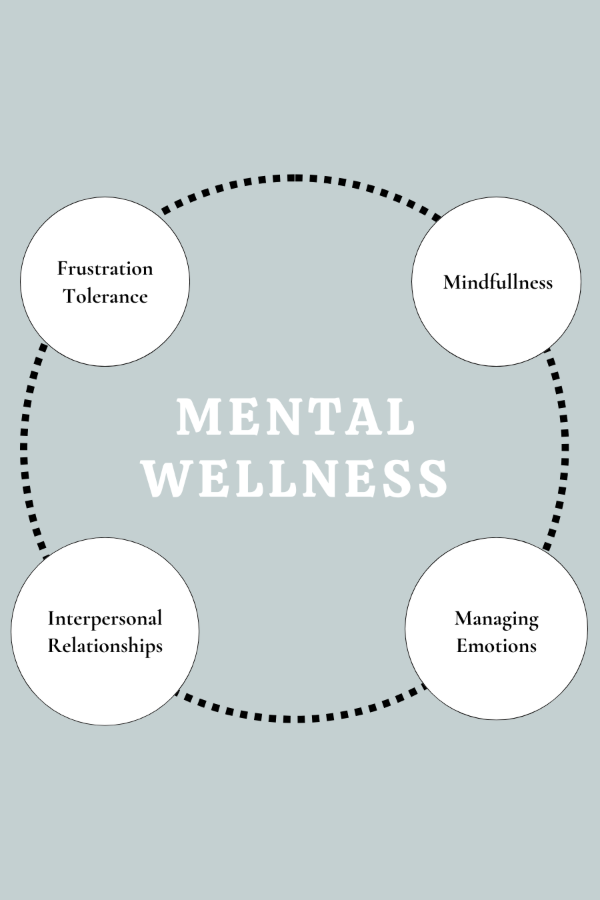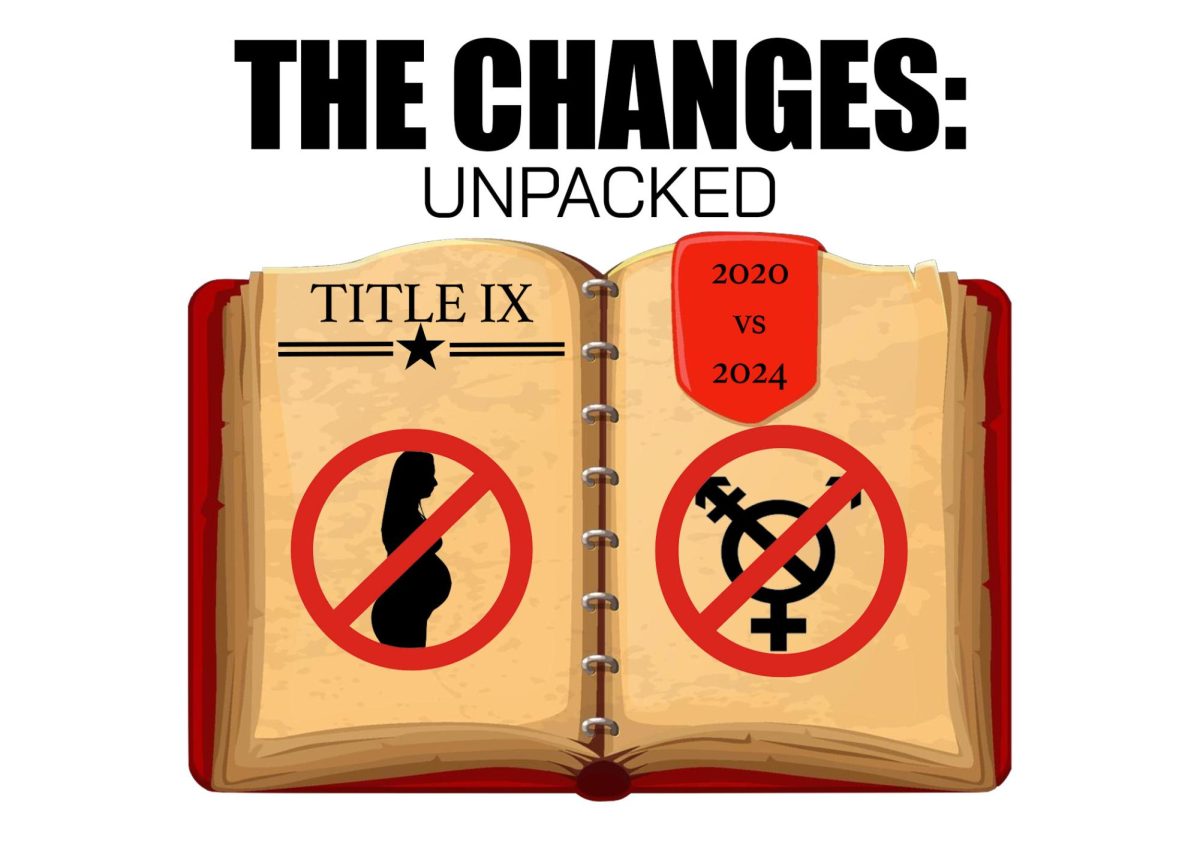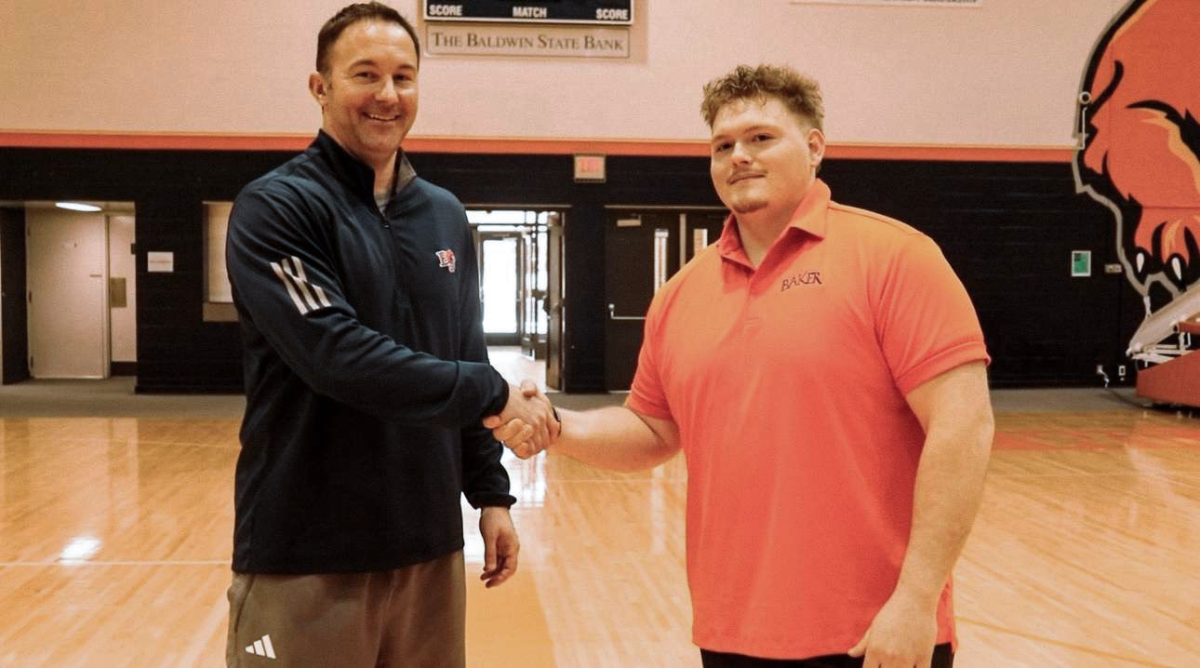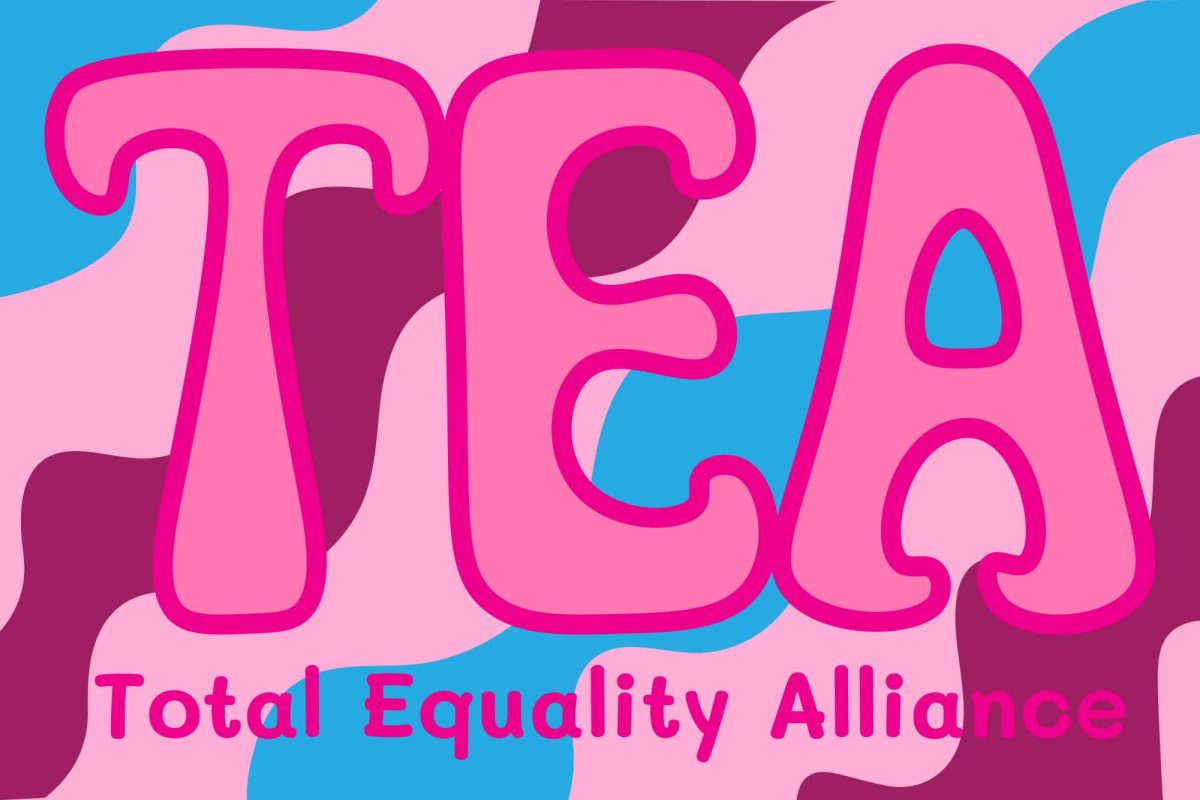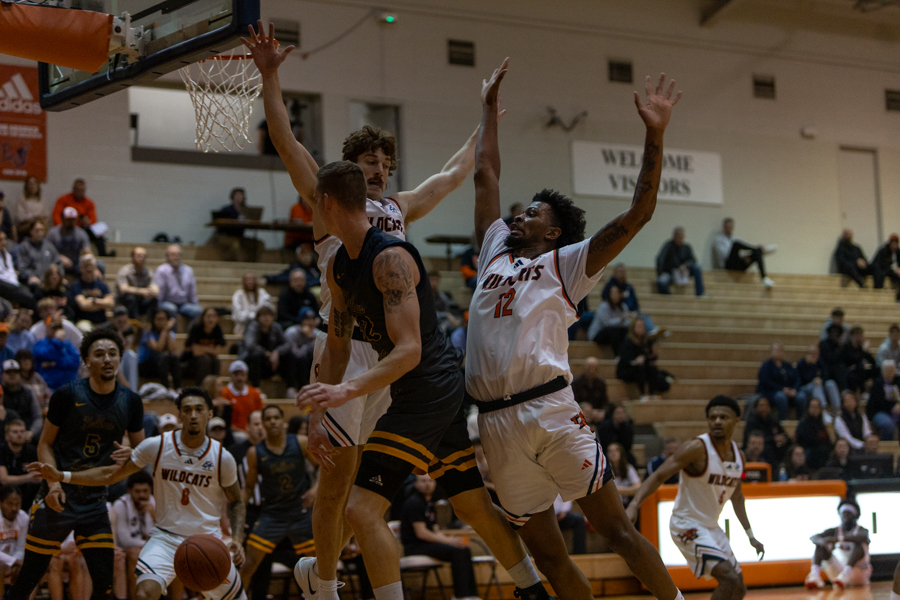Disclaimer from Author: Trigger Warning: Domestic Violence, Spoiler Warning
Director and actor Justin Baldoni’s attempt to adapt Coleen Hoover’s “It Ends with Us” is an impressive feat. Few other directors could transform an already somewhat sketchy novel (as far as treatment and respect of subject matter goes) into a 131-minute eye roll fest too ‘floral,’ as Blake Lively has described the film, for its own good.
The crucial moments of the film, both narratively and qualitatively, are the scenes of domestic violence between Lively’s protagonist Lily Bloom and Baldoni’s Ryle Kincaid. Yet, for how few and far between they occur, they fail to deliver.
Baldoni artistically decides to obscure exactly what Bloom sees, showing Kincaid as a loving boyfriend who accidentally injures his girlfriend, rather than what he is eventually shown to be, a violent and jealous man with deep-seated insecurity. With this decision, Baldoni single-handedly restructures the optics of the novel, showing Bloom as a damsel in distress in need of saving by her former lover, Atlas, played by Brandon Sklenar, who at no point in the film registers her situation or danger.
While the source material was in no way the epitome of representation for domestic violence victims, this film rubs salt into the already mistreated wound. Hopefully, it can be more than the sum of its parts and inspire victims of situations like this to speak out and feel more comfortable sharing their experiences, because if not, I have no idea why Justin Baldoni made this film.



